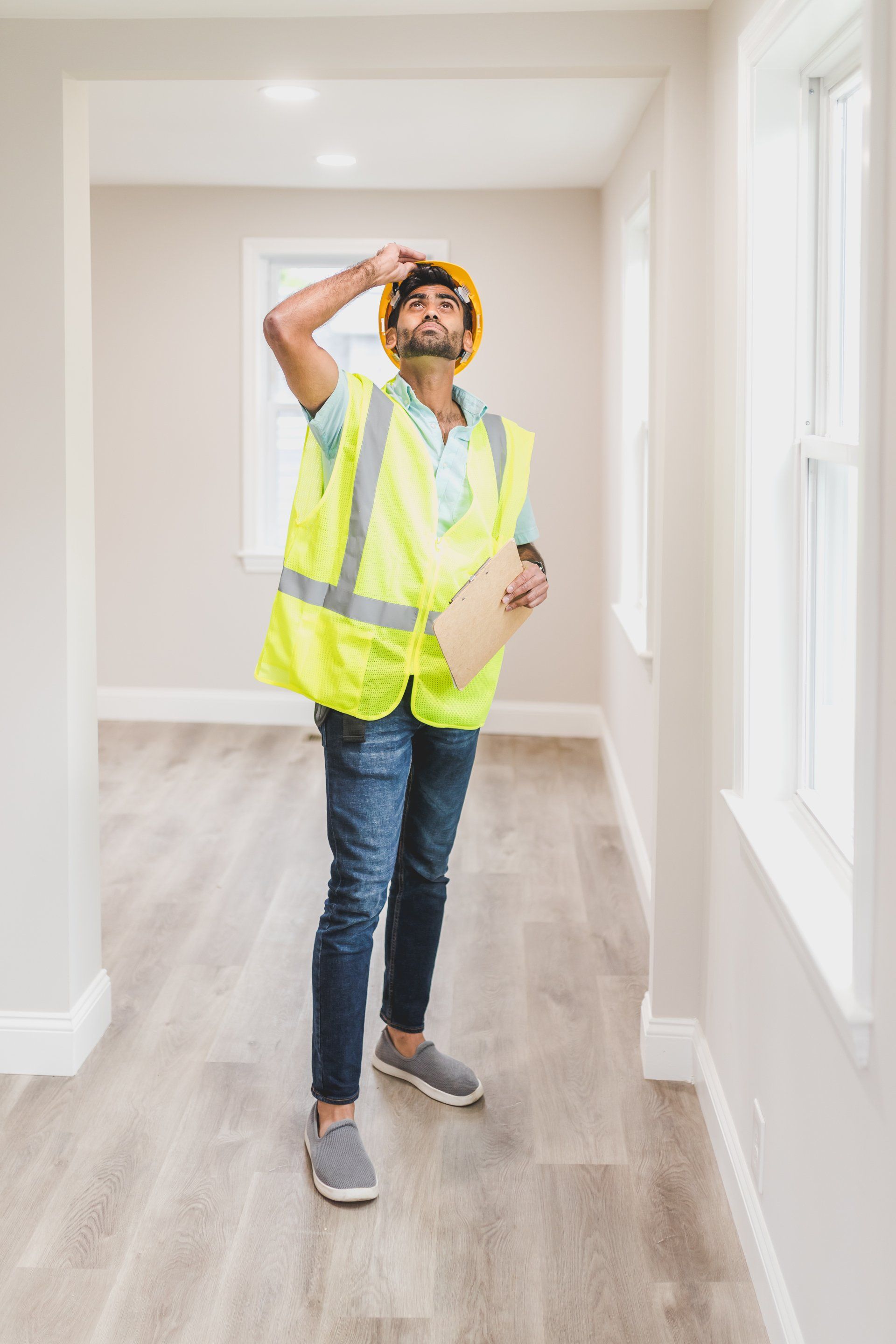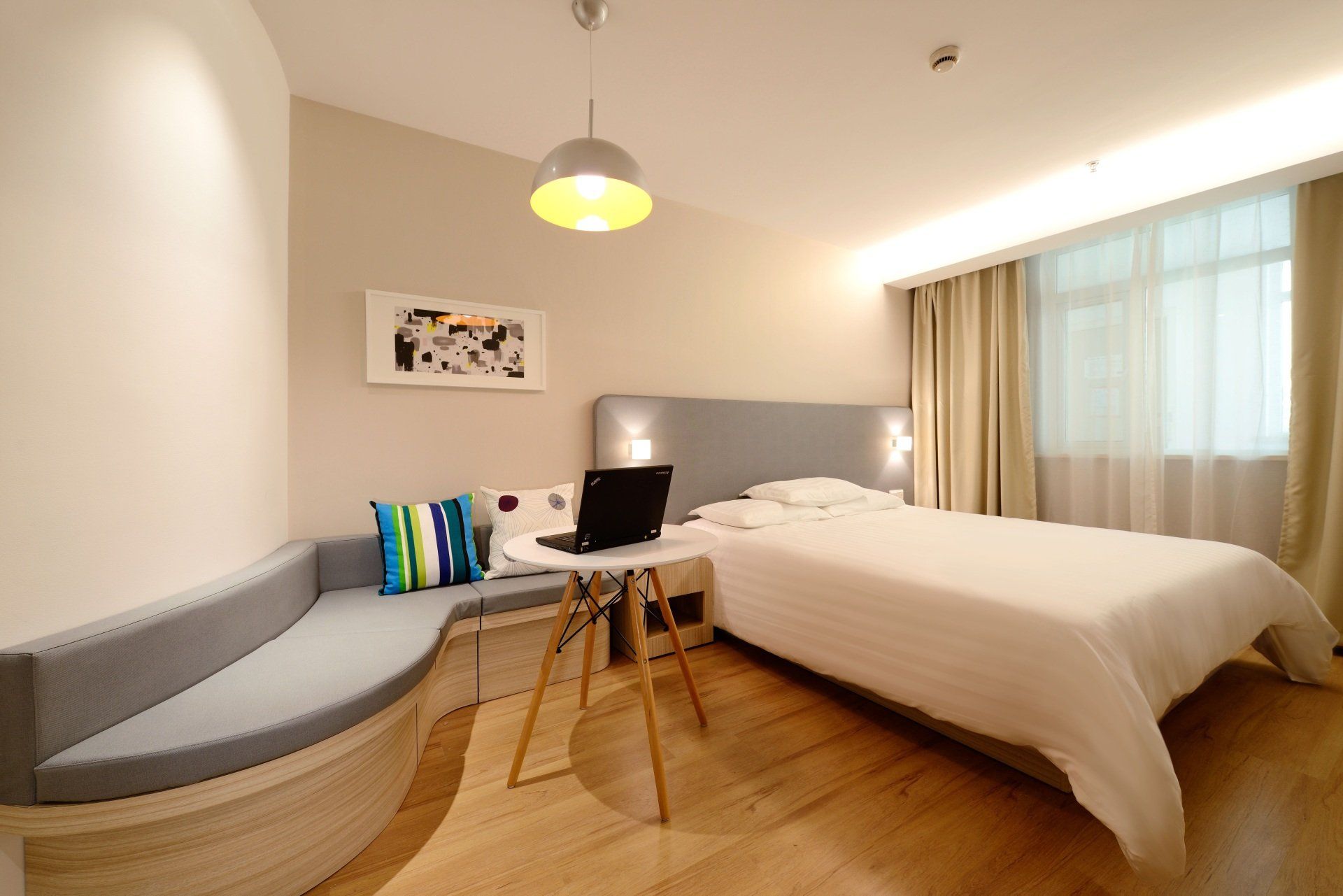
Walter Martinez
waltersells805@gmail.com
(805) 218-3190

How to Determine a Price for Your Home

Perhaps you're planning to put your home on the market and are wondering how to set the right price. Or maybe you're in the process of buying a home and want to be sure you're not paying too much. In either case, it's important to have a clear understanding of how pricing works in the real estate market. Let's take a look at some of the factors that go into setting a price for a home.
Location, Location, Location
One of the most important factors in pricing a home is its location. A home in a desirable neighborhood is going to fetch a higher price than a comparable home in a less desirable area. This is because people are willing to pay more to live in a safe, convenient location with good schools, amenities, and so on. If you're not sure what price range is appropriate for your neighborhood, ask your real estate agent for some comparables.
The Condition of Your Home
Another important factor to consider is the condition of your home. Obviously, a newly renovated home with all the bells and whistles is going to be worth more than an older home that needs some work. even if your home isn't brand new, though, you can still add value by making sure it's clean and well-maintained. If your budget allows, consider making some cosmetic improvements like painting or updating fixtures.
Your Home's Size
The size of your home is also going to be a factor in its price. A larger home will obviously be worth more than a smaller one—all other things being equal. If you're not sure how your home stacks up in terms of size, again, your real estate agent will be able to provide you with some comparables.
There are several factors that go into pricing a home, but the three main ones are location, condition, and size. If you're unsure about what price range is appropriate for your situation, ask your real estate agent for help. They'll be able to give you comparable homes in your area so you can get an idea of what buyers are currently willing to pay.







ADDRESS
750 W Gonzales Rd, Suite 100
Oxnard, CA 93036
BUSINESS HOURS
- Mon - Fri
- -
- Sat - Sun
- Appointment Only
Communities
Oxnard, Ojai, Thousand Oaks
Ventura, Santa Paula, Moore Park
Camarillo, Fillmore, Simi Valley
All Rights Reserved | Walter Martinez | Forsyth & Rizzie Realtors



